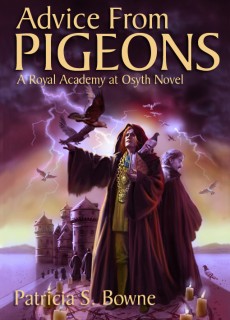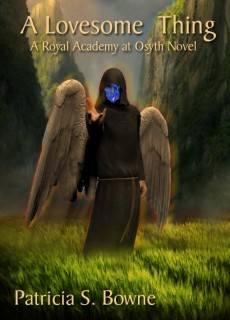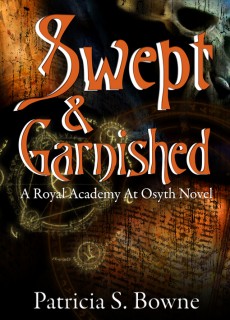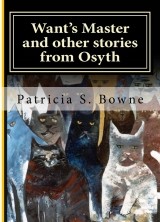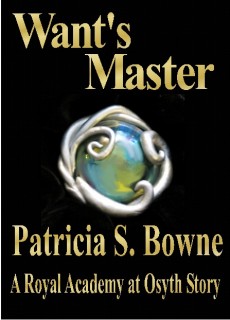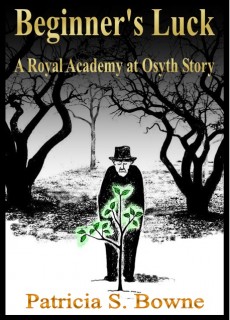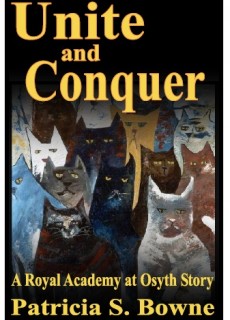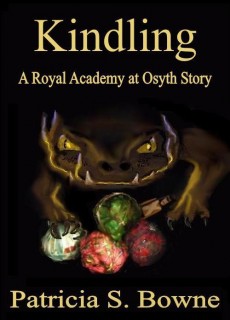David Farland had an interesting post this morning about stories that depend on character growth and those that depend on stagnation. By ‘interesting’ I mean that it answered some questions and raised a bunch more.
The question it answered was one I’ve had for a long time about ‘escapist’ literature. I’d always pretty uncritically accepted the distinction between escapist and serious literature as having to do with content — that one escapes to a world with dragons or spaceships or cowboys in it, and being serious requires you to stay in the real world. When it’s stated out baldly, it’s obvious that this is B.S., but I won’t feel too stupid about it because it’s the basis for genre, isn’t it? Segregate all those spaceships, dragons, and cowboys in the genres and call the real-world stuff ‘literature.’
I like Farland’s distinction a lot better. He maintains, basically, that escapist literature is that in which the protagonists don’t grow.
In short, growth is unimportant in these tales simply because this is “escape” literature. The story transports the reader back to a safe time in his life, to a time when the reader did not have to worry about the complexities of life, and that is a major appeal of the tale.
So there’s escapist fantasy and non-escapist fantasy, escapist mainstream literature and non-escapist mainstream literature. I can buy this!
What I can’t buy is Farland’s definition of character growth. It’s too literal and unreflective for me. Here’s how he puts it:
…ultimately, when your character reaches adulthood, he accepts personal responsibility for the world’s state of affairs and then spends the rest of his life in service to his community. In essence, he accepts a kind of death, the death of his selfish desires and dreams.
So, my challenge as a writer of growth literature is to figure out how to get beyond that. How do I sell the message that growth is good and necessary and beautiful?
That’s easy. You simply show that the community is good, that family is necessary and beautiful, so that when your protagonist sacrifices himself for these things, we as an audience see the nobility in it.
Is that really the only definition of growth? How awfully convenient for the community and family! And where does that leave all the books in which a character grows by questioning their community and family standards? Where does it leave Huckleberry Finn?
Character growth is one good indicator of serious fiction for me. But fiction in which the character grows into an inflexible mold that the author has created — or accepted without questioning — is, I think, even more escapist than fiction in which the character never grows at all. And as a writer, what could be a bigger waste of my time than dragging my characters to some predetermined end?
Right now I’m on the fourth rewrite of the beginning of a novel, and it’s because I need to drag my character to a predetermined position by about chapter 5 in order for her to have the adventures in the rest of the book. And I just stink at that. My characters question every single assumption I try to make them accept. I swear if I wrote about their feet, they’d cut ’em off. But no point complaining — this is how I like my characters, and my authors. The last thing I want is to spend my reading time with somebody who’s figured it all out.

